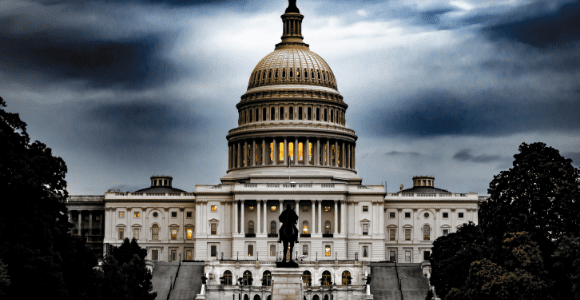Welcome readers! Please subscribe through the buttons on the right.
(Read this series from the beginning at Part 1 and Part 2.)

What about us? What does it mean for us to speak truth to power today?
What are some ways in which we, even if our sphere of influence is limited, can speak truth to those in power?
Remember, there are consequences to speaking truth to those in positions of power. Those in power rarely responds well to having truth spoken to them. John the Baptist’s story illustrates those consequences: he was executed. As the late Rev. Dr. James H. Cone used to say, “The truth about injustice always sounds outrageous.” Perhaps the combination of sounding outrageous, along with the threat of consequences, is why so few of us actually practice speaking truth to power when we have the opportunity.
Maybe we can start smaller than speaking truth to someone like Herod. Maybe we can begin with committing to tell the truth, period. Then, if and when the opportunity arises to speak to power, we will already be in the habit of speaking the truth. In this spirit, I have always cherished this statement by Leo Tolstoy at the end of his book The Kingdom of God is Within You:
“I do not say that if you are a landowner you are bound to give up your lands immediately to the poor; if a capitalist or manufacturer, your money to your workpeople; or that if you are Tzar, minister, official, judge, or general, you are bound to renounce immediately the advantages of your position; or if a soldier, on whom all the system of violence is based, to refuse immediately to obey in spite of all the dangers of insubordination. If you do so, you will be doing the best thing possible. But it may happen, and it is most likely, that you will not have the strength to do so. You have relations, a family, subordinates and superiors; you are under an influence so powerful that you cannot shake it off; but you can always recognize the truth and refuse to tell a lie about it. You need not declare that you are remaining a landowner, manufacturer, merchant, artist, or writer because it is useful to mankind; that you are governor, prosecutor, or tzar, not because it is agreeable to you, because you are used to it, but for the public good; that you continue to be a soldier, not from fear of punishment, but because you consider the army necessary to society. You can always avoid lying in this way to yourself and to others, and you ought to do so; because the one aim of your life ought to be to purify yourself from falsehood and to confess the truth. And you need only do that and your situation will change directly of itself. There is one thing, and only one thing, in which it is granted to you to be free in life, all else being beyond your power: that is to recognize and profess the truth.” (Leo Tolstoy, The Kingdom of God Is Within You, p. 433)
Truth telling will always carry consequences, some beneficial and others difficult to bear. We may not always have the courage or power to change unjust conditions ourselves, but maybe we can do the bare minimum of speaking the truth about them.
May we at least have the courage to speak truth. Because that truth will enable and empower us to choose to change things after all.















